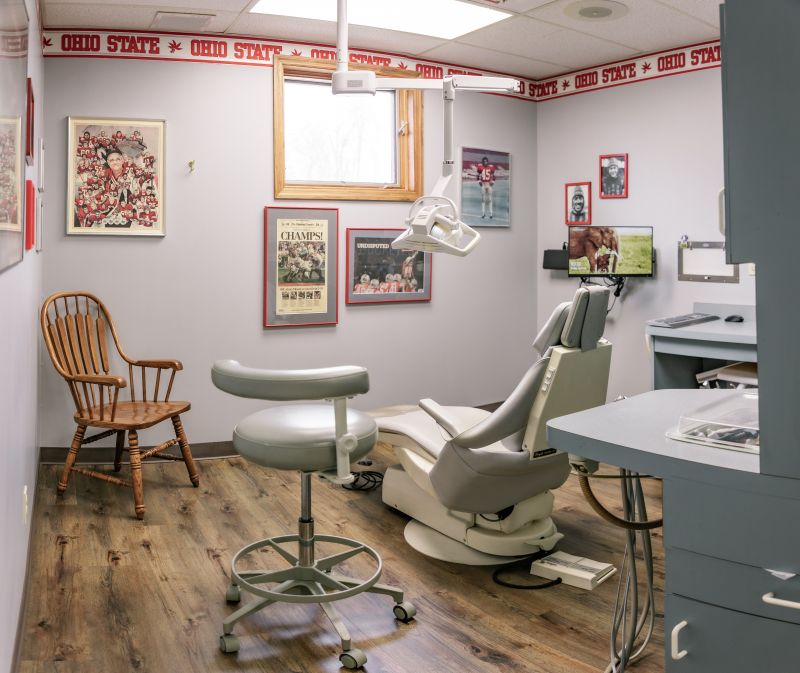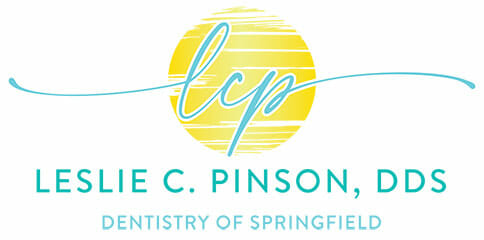Athletic Mouthguards

To create your athletic mouthguard, Dr. Pinson will take an impression of your teeth and provide you with customized mouth protection that will be far more comfortable and will work more reliably than an over-the-counter one. Once your mouthguard is ready, we will take care of any tight spots or rough edges so that you do not experience discomfort caused by compression that can irritate your gums or teeth while you play.
Athletic mouthguards don’t need to be flashy. We can’t make them totally invisible, but we make them with enough material to protect your mouth and teeth without being too obvious. But, they can also be produced in different colors if that’s your preference. Mouthguards are made of a durable material that will allow you to close your mouth comfortably and talk clearly.
Which Sports Require a Mouthguard?
It’s up to your school or league to inform you of the requirements for mouthguards and other equipment. But the American Dental Association has recommended the use of athletic mouthguards for many contact sports since the 1990s. Their recommendations apply to athletes who play the following sports on teams or simply for fun:
- Basketball
- Hockey
- Football
- Soccer
- Wrestling
- Boxing
- Rugby
- Lacrosse
The ADA’s list of contact sports in which mouth protection is recommended also include:
- Softball
- Gymnastics
- Bicycling
- Skateboarding
How Long Does It Take to Get an Athletic Mouthguard Made?
The process will usually take two dental visits, with additional follow-ups to fine-tune the mouthguard if it is too tight or is causing irritation. On the first visit, we’ll create a mold of your teeth that will be sent to a lab to use to create the mouthpiece. Typically, we’ll get the mouthpiece back in a week or two, at which point we can see how it fits you and make adjustments.
If you have any questions feel free to contact our office via phone, email, or schedule an appointment online.
